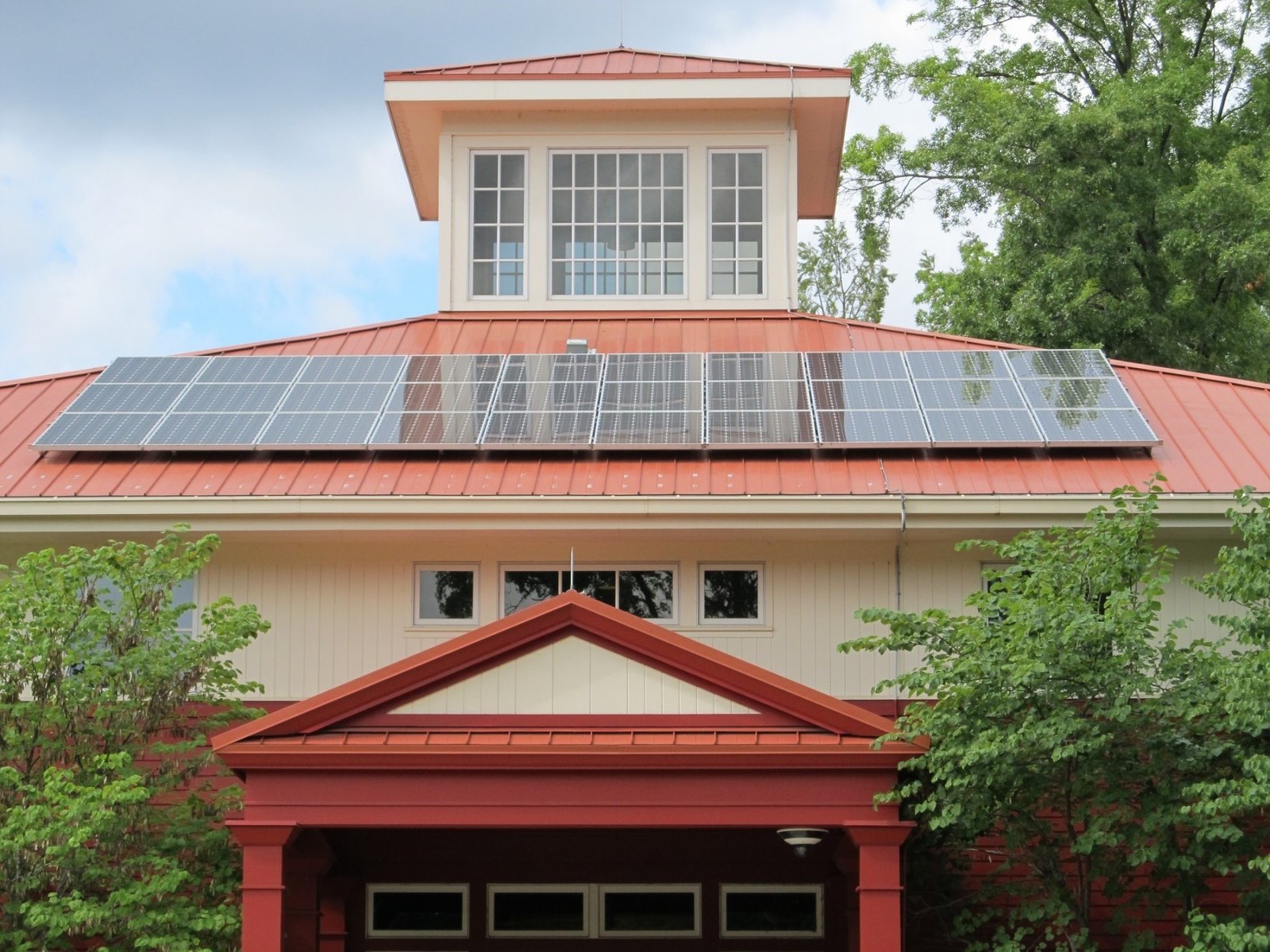Did you know solar energy produces electricity to power over 10 million homes?
Many of us dream of installing solar panels in our homes. Many people are still not sure if it is the right choice for them. It’s still true that the tech can be confusing and intimidating.
For details about everything you need to know about solar panels on roof, read on.
Contents
Solar Panel Maintenance
There are a few essential things to remember when it comes to maintaining your solar panels. Be sure to check your panels often for any wear and tear and any signs of damage. Additionally, you should keep the panels free of dirt and debris, such as leaves or bird droppings.
Solar panel maintenance may seem like a tedious task, but it is essential to keep your panels in tip-top condition. You should also clean your panels with a soft brush and water periodically. Additionally, inspect your solar cells regularly for cracks or other issues.
It can help ensure your solar panels are as efficient as possible when done correctly. Regularly maintaining your solar panels can also help extend their lifetime, making it well worth taking the time to perform necessary maintenance tasks. Be sure to learn more solar panel cleaning tips to help you and your solar panels stay in shape.
Benefits of Installing Solar Panels on Your Roof
Installing solar panels on your home’s roof is one of the most beneficial decisions one can make. There are a lot of benefits of installing solar panels that you need to know.
Cost-Effective
Installing solar panels on a roof can be an excellent cost-effective investment. The technology is more affordable than ever before. Solar panels can help provide extra income from selling excess power to the grid.
Solar panels typically require a high upfront cost. They usually end up paying for themselves within a few years. They’ll last for 25 years or more, so they can help you save money in the long run.
Reduce Electric Bills
Solar panels use the energy of the sun to generate electricity. This can then be used to power your home. Installing solar panels on your roof is a great way to reduce your electricity bill.
Installing solar panels can lower your electricity bill considerably over time. It’s essential to research the various types of solar panels available. Find the best solution for your needs.
With careful planning, you can confidently install solar panels on your roof. You can make a long-term investment in your home.
Government Incentives
Knowing what state and federal governments offer is essential for those looking to benefit from government incentives. Many states provide rebates and tax credits that can help offset. It can even eliminate the cost of solar panel installation.
Some states also offer net metering programs. This allows homeowners to sell their excess electricity back to the grid.
Solar can be an affordable and rewarding way to make your home more sustainable. It is essential to look up the specific incentives available in your area. Find out if they would apply to your situation.
Considerations Before Installing Solar Panels
There are several things to consider when installing solar panels on roofs. First and foremost is safety. It is essential to ensure the roof can support the weight of the panels and additional hardware.
Researching local laws and regulations about installing solar panels is also important. Many jurisdictions have specific guidelines.
Take into account the amount of sunlight available in the area, as this will impact the efficiency of the solar panels. Homeowners can ensure they make the best investment possible by researching all aspects before installing solar panels.
Calculating the Cost of Solar Panels
Installing residential solar panels can provide numerous energy savings and low emissions benefits. However, calculating the cost of solar panels is essential in deciding if the investment is worth it.
The cost of solar panels will vary depending on size, type, efficiency, and installation fees. You must also add the costs of buying and setting up the necessary electrical components and interfaces. If you decide to go with a solar lease or solar power purchase agreement, another cost factor to consider is the length of the agreement and its structure.
The cost of solar panels can also be offset by tax incentives, such as the federal government’s Investment Tax Credit, which can reduce the installation cost by up to 30%. Finally, you should research and shop for the best deal. Comparing prices from multiple providers will ensure you get the best value for your money.
Choosing the Right Type of Solar Panels
Choosing the correct type of solar panels on roof is essential to ensure you get the most from your solar energy setup. Some factors to consider when selecting your panels should include the amount of energy you need to generate, the budget, aesthetic preferences, and whether you’d like to install them on the roof or the ground.
Generally, the size of the panels should be based on the amount of energy you’d like to generate, but other types are better suited to your home’s roof. Mono-crystalline solar panels are the most common type used and are a great fit on roofs. They have high-efficiency ratings and require low maintenance.
Polycrystalline solar panels are more affordable and work best in locations with direct and constant sunlight. Lastly, flexible solar panels are another option for curved or hard-to-reach surfaces. No matter which type you choose, carefully checking the solar panels’ shading, angling, and direction is essential for optimizing the yield and obtaining the most efficient panel setup.
Installing Solar Panels on Roof Is a Wise Move
Installing solar panels on roof is a significant step toward reducing your energy costs. It’s important to research local regulations and decide if it’s the right fit for you. Speak with local professionals to get the most accurate advice, and be sure to shop around to get the best deal.
Want to learn more? Be sure to visit our website and read more great content. We gave great articles that can give you great ideas, tips, and information.



